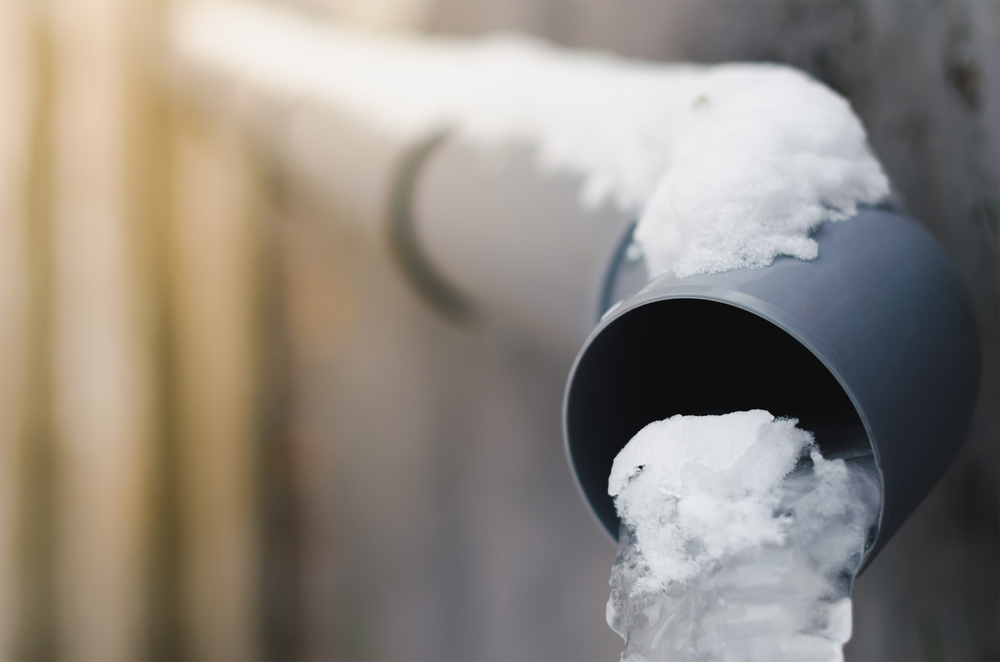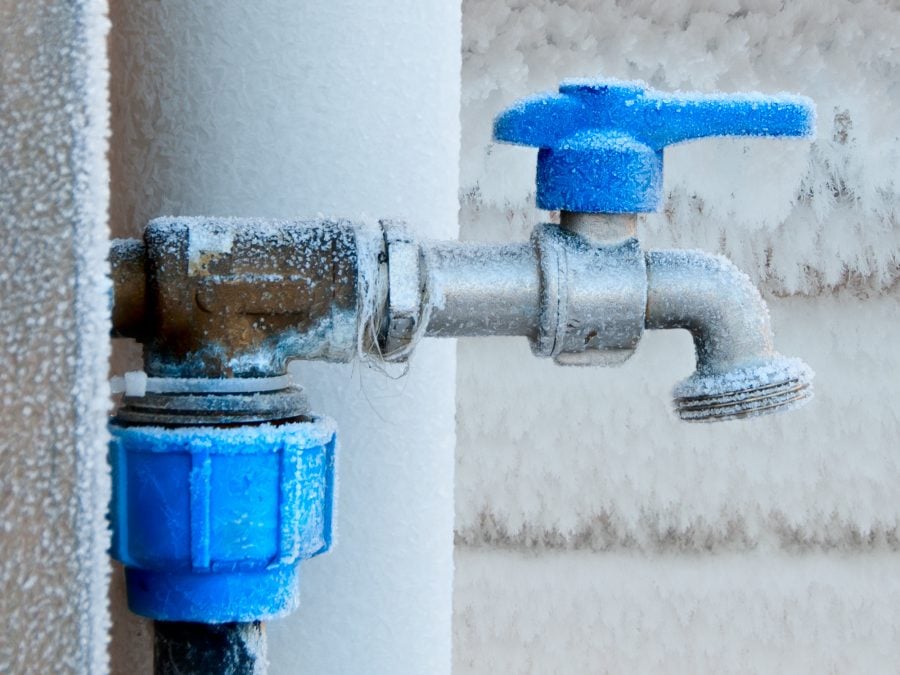Important Advice to Prevent Frozen Pipes in Cold Weather: Specialist Guidance
Important Advice to Prevent Frozen Pipes in Cold Weather: Specialist Guidance
Blog Article
How do you really feel about Winter Plumbing Precautions: Preventing Frozen Pipes?

Winter can ruin your plumbing, especially by freezing pipes. Here's just how to avoid it from occurring and what to do if it does.
Intro
As temperature levels drop, the risk of frozen pipes boosts, possibly causing expensive repair services and water damage. Recognizing exactly how to stop icy pipes is essential for property owners in cold environments.
Prevention Tips
Protecting prone pipelines
Wrap pipelines in insulation sleeves or utilize warm tape to protect them from freezing temperatures. Concentrate on pipelines in unheated or exterior locations of the home.
Home heating strategies
Maintain interior areas appropriately heated, specifically areas with pipes. Open up cabinet doors to allow warm air to flow around pipelines under sinks.
How to identify icy pipes
Seek reduced water circulation from taps, uncommon smells or noises from pipelines, and noticeable frost on revealed pipes.
Long-Term Solutions
Structural modifications
Think about rerouting pipes away from exterior wall surfaces or unheated areas. Add added insulation to attics, cellars, and crawl spaces.
Updating insulation
Purchase high-quality insulation for pipelines, attic rooms, and walls. Correct insulation assists maintain constant temperatures and minimizes the threat of icy pipelines.
Shielding Outdoor Plumbing
Yard tubes and outside faucets
Detach and drain pipes garden pipes prior to winter season. Install frost-proof faucets or cover outside taps with shielded caps.
Recognizing Frozen Pipes
What creates pipes to freeze?
Pipelines freeze when subjected to temperature levels listed below 32 ° F (0 ° C) for extended periods. As water inside the pipelines ices up, it broadens, putting pressure on the pipe walls and possibly triggering them to break.
Threats and damages
Icy pipes can result in water supply disturbances, home damage, and pricey repair services. Burst pipes can flood homes and trigger considerable architectural damages.
Indicators of Frozen Piping
Identifying icy pipes early can stop them from rupturing.
What to Do If Your Pipes Freeze
Immediate actions to take
If you believe frozen pipes, keep faucets available to soothe pressure as the ice melts. Make use of a hairdryer or towels soaked in warm water to thaw pipes gradually.
Conclusion
Stopping frozen pipelines needs aggressive steps and fast feedbacks. By understanding the causes, indicators, and preventive measures, property owners can secure their plumbing during cold weather.
5 Ways to Prevent Frozen Pipes
Drain Outdoor Faucets and Disconnect Hoses
First, close the shut-off valve that controls the flow of water in the pipe to your outdoor faucet. Then, head outside to disconnect and drain your hose and open the outdoor faucet to allow the water to completely drain out of the line. Turn off the faucet when done. Finally, head back to the shut-off valve and drain the remaining water inside the pipe into a bucket or container. Additionally, if you have a home irrigation system, you should consider hiring an expert to clear the system of water each year.
Insulate Pipes
One of the best and most cost-effective methods for preventing frozen water pipes is to wrap your pipes with insulation. This is especially important for areas in your home that aren’t exposed to heat, such as an attic. We suggest using foam sleeves, which can typically be found at your local hardware store.
Keep Heat Running at 65
Your pipes are located inside your walls, and the temperature there is much colder than the rest of the house. To prevent your pipes from freezing, The Insurance Information Institute suggests that you keep your home heated to at least 65 degrees, even when traveling. You may want to invest in smart devices that can keep an eye on the temperature in your home while you’re away.
Leave Water Dripping
Moving water — even a small trickle — can prevent ice from forming inside your pipes. When freezing temps are imminent, start a drip of water from all faucets that serve exposed pipes. Leaving a few faucets running will also help relieve pressure inside the pipes and help prevent a rupture if the water inside freezes.
Open Cupboard Doors
Warm your kitchen and bathroom pipes by opening cupboards and vanities. You should also leave your interior doors ajar to help warm air circulate evenly throughout your home.

Do you like reading about Helpful Tips to Prevent Frozen Pipes this Winter? Write a short review further down. We will be pleased to know your insights about this entry. We are looking forward that you come back again before long. Are you aware of somebody who is enthusiastic about the niche? Feel free to promote it. Thanks a bunch for being here. Revisit us soon.
Click Here Report this page